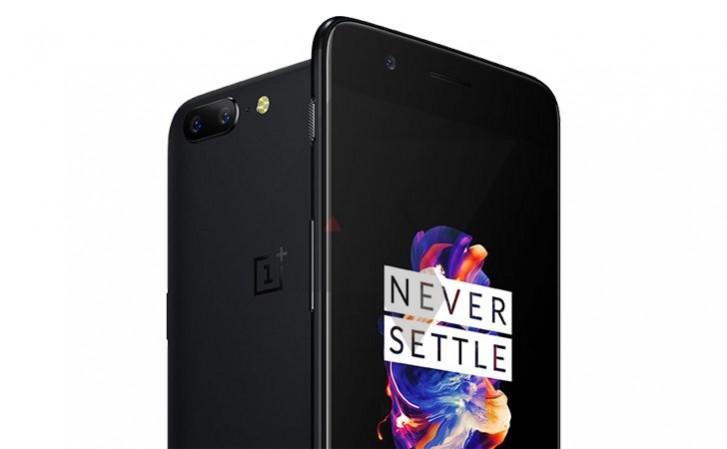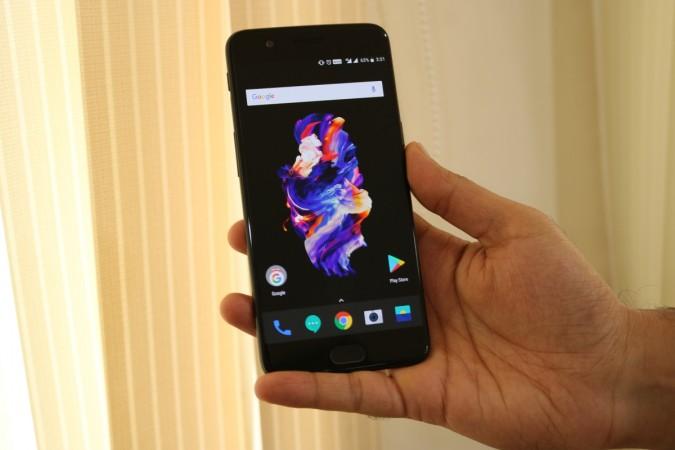Hot on the heels of recent reports that OnePlus collects massive amounts of private data from its phone owners, the company issued an official statement on Friday, admitting to the charges. However, the Chinese smartphone maker also tried to explain the reason behind the move that jeopardised its trustworthiness to consumers.
OnePlus said that its OxygenOS transmits analytics data in two different streams, including usage analytics and device information. According to the company, usage analytics data are necessary to "better understand general phone behaviour and optimise OxygenOS for a better overall user experience." Users can opt-out of this practice by heading to Settings > Advanced > Join user experience program.
Collection of device information, on the other hand, helps OnePlus "to better provide after-sales support." If users opt out of this user experience program, their usage analytics will not be tied to their device information, the company said.

However, OnePlus also said that it was going to make a few changes to its user experience program, which would include adding a prompt in the setup wizard in all OnePlus phones running OxygenOS by the end of October. It will ask users if they want to join the controversial program.
In addition, the company also said that it would no longer collect telephone numbers, MAC addresses and Wi-Fi information from now on.
"We'd like to emphasize that at no point have we shared this information with outside parties," OnePlus said, adding that it collected the data to improve its product and service offerings.
OnePlus' collection of personally identifiable user analytics data came to light after a software engineer called Christopher Moore found that his OnePlus 2 was sending data frequently to the open.oneplus.net server over HTTPS, Android Police reported.
After decrypting the data, Moore discovered that his phone was sending time-stamped information about locks, unlocks, and unexpected reboots. Moore also found that the data being sent to OnePlus' servers included the phone's IMEI number, the phone number, MAC addresses, mobile network names and IMSI prefixes, Wi-Fi connection info and the phone's serial number.

While it's yet to be seen how consumers will react to the issue, OnePlus currently accounts for the majority of the online premium smartphone segment in India in Q2 2017. With a lion's share of 57 percent, the company overshadowed major brands like Apple and Samsung according to the latest market research done by the International Data Corporation (IDC).
"More than half of premium smartphones sold online during 2017 Q2 were an OnePlus, to be specific, OnePlus 3T or OnePlus 5 on the back of its digital first strategy," analysts at IDC said in a statement.
Moore's discovery was indeed a strong indication that OnePlus was breaking consumers' trust. And, for a company, which was recently rated the most trusted brand in India, a clarification was must to keep its brand image intact.








